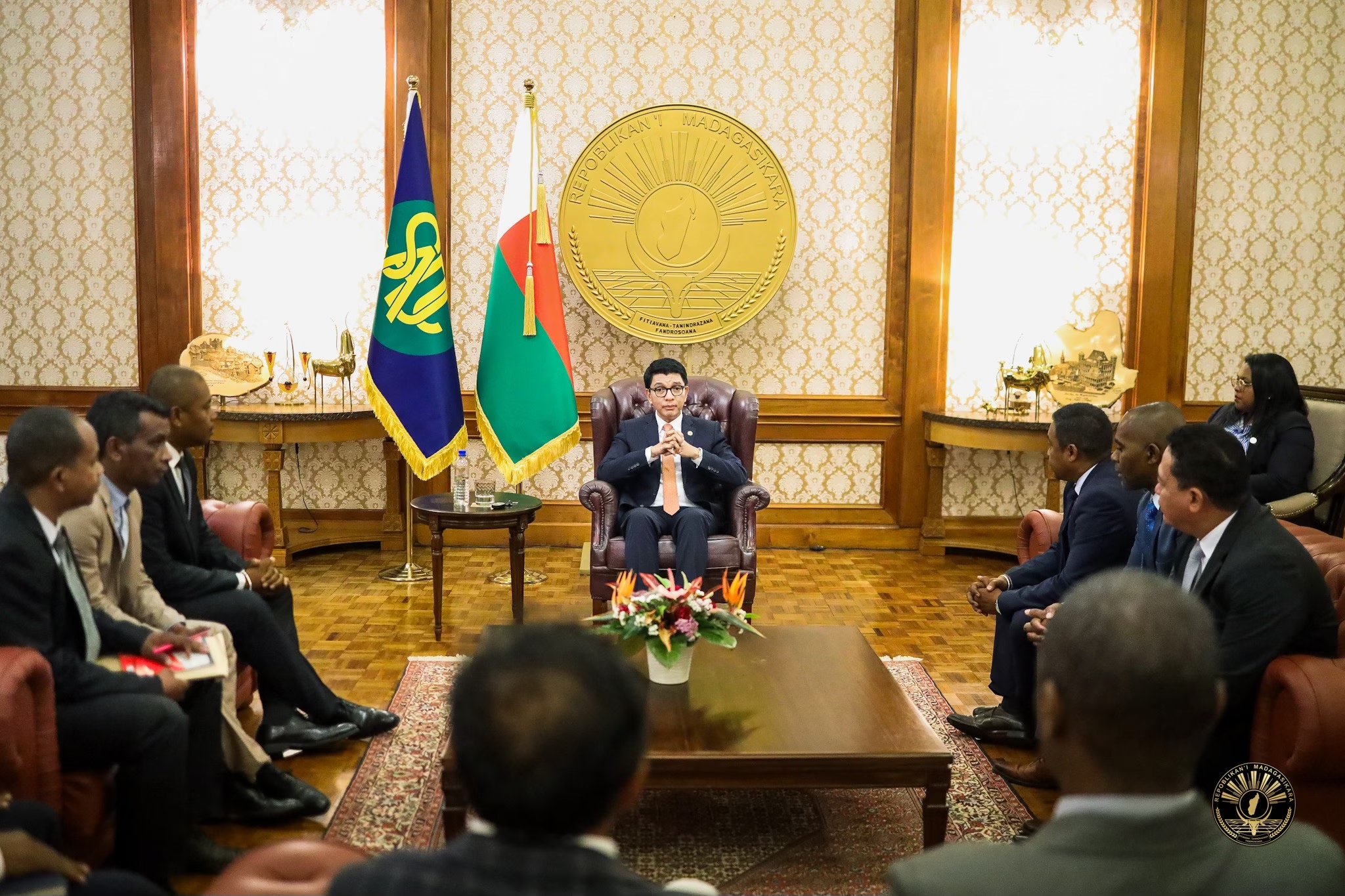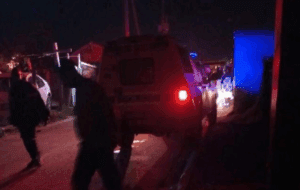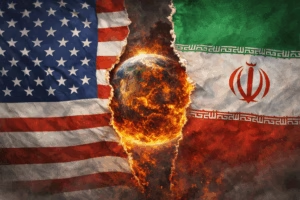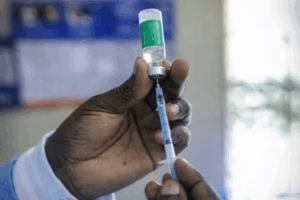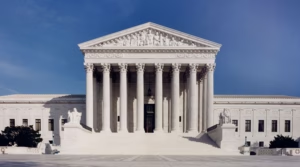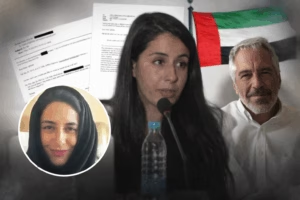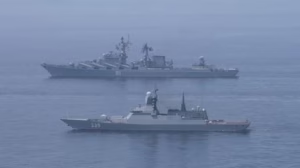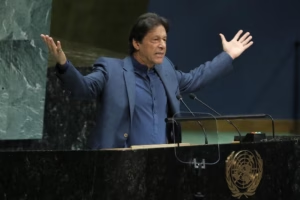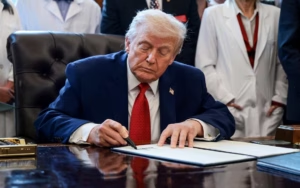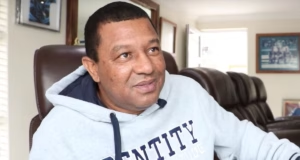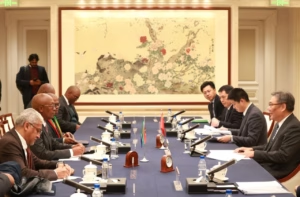Madagascar has entered a dangerous new phase of political instability after President Andry Rajoelina announced that an attempted coup is underway. His statement followed the dramatic defection of elite military units that publicly sided with protesters demanding his resignation.
In a statement released on Sunday, the presidential office warned that the ongoing events “contradict the constitution and democratic principles.” The presidency appealed to all “national forces” to stand together in defence of constitutional order and national sovereignty, calling the attempted seizure of power an attack on democracy itself.
Yet, despite the call for calm, discontent has continued to grow among citizens and sections of the armed forces, exposing deep fractures within Madagascar’s political and military establishment.
The crisis intensified after soldiers from the CAPSAT unit, an elite army support group that once helped bring Rajoelina to power in 2009, declared their opposition to the government. On Saturday, CAPSAT troops urged fellow soldiers to defy orders and join the uprising, signalling an unprecedented break in the chain of command.
Their defection marks one of the gravest challenges to Rajoelina’s rule in years. Supporters see the president as a stabilising figure who rescued Madagascar from years of turmoil, while critics accuse him of betraying the democratic ideals he once espoused.
Speculation over Rajoelina’s location has fuelled the crisis further. Over the weekend, rumours spread rapidly across social media claiming that the president had fled the country. His office, however, released a statement on Facebook insisting that both the president and the prime minister remained “fully in control of the nation’s affairs.”
Despite the reassurances, Rajoelina’s exact whereabouts remain unknown, deepening public uncertainty and adding to the perception of a government struggling to retain control.
Under mounting pressure, Rajoelina dissolved his cabinet at the end of September and appointed Army General Ruphin Fortunat Zafisambo as the new prime minister. The reshuffle was seen as a strategic move to stabilise the situation and placate dissenting factions within the army.
However, the decision failed to quell unrest. The protests, which began on 25 September as youth-led demonstrations over water and power shortages, have since evolved into a broader anti-government movement demanding Rajoelina’s resignation. The group behind the protests, known as Gen Z Madagascar, has mobilised thousands across Antananarivo and other major cities, giving the demonstrations an organised, youthful energy.
The unrest has turned increasingly violent. Security forces have used tear gas and rubber bullets to disperse demonstrators amid reports of looting and attacks on shopping centres. Authorities have imposed a night-time curfew in the capital and blocked major roads, but protests have persisted.
According to United Nations figures, at least 22 people have been killed and more than 100 injured during the first five days of clashes, underscoring the severity of the crisis and the risk of further escalation if dialogue fails.
President Rajoelina’s political journey mirrors Madagascar’s own volatile modern history. He first took power in 2009 through a coup, leading a transitional administration for nearly five years before handing over to Hery Rajaonarimampianina in 2014.
After returning through elections in 2018, Rajoelina promised economic revival through industrialisation, electrification, and improved access to essential services. His 2023 re-election, however, was overshadowed by an opposition boycott and widespread unrest, leaving the country divided and his authority weakened.
With parts of the military now turning against him, Rajoelina faces the most serious threat to his presidency since 2009. His appeals for unity may not be enough to bridge the widening rift between government institutions and the people they are meant to serve.
As tensions mount, Madagascar’s future hangs in the balance. Whether the crisis ends through negotiation or descends further into violence will determine not only Rajoelina’s fate but also the direction of one of Africa’s most politically fragile nations.

